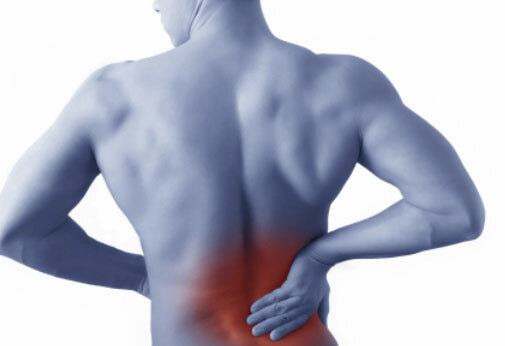 Bruxism is a spontaneous scratching of teeth in a dream.
Bruxism is a spontaneous scratching of teeth in a dream.
The term "bruxism" comes from the Greek brychein, which, in fact, means squeaking, gnashing of teeth. Bruxism is a fairly common phenomenon: according to some scientists, every second child of preschool age grinds at night with teeth. From other sources it is clear that 15% of the adult population of the planet at night in a dream is inclined to creak with teeth.
Public opinion says that scratching teeth in a dream indicates the presence of worms, although there is no scientific evidence for this. Scientists offer several versions of the emergence of bruxism.
For example, the reason for the creaking of teeth in a dream is a violation of the depth of sleep, and nighttime bruxism is on a par with such conditions:
- somnambulism;
- snoring in a dream;
- nocturnal enuresis;
- nightmares in a dream.
Some other scientists argue that the cause of the formation of bruxism in children are age-related malocclusion, and the nocturnal creak will disappear when the teeth of the upper and lower jaws rub against each other.
There is evidence of the genetic nature of bruxism.
However, most scientists believe that the formation of bruxism in children and adults is due to the presence of stressful situations:
- internal tension;
- worry;
- anger;
- arousal in a dream.
Scratch teeth in a dream requires comprehensive treatment. Bruxism in the infant period does not require any treatment, since it usually stops on its own by five to six years. Treatment of bruxism in an adult requires the elimination of bite defects and some other dental problems. Consider the use of protective dental applicators made of soft plastic or rubber, which are inserted between the teeth and remove the crevice between the teeth.
Additionally, to get rid of bruxism, you can take medications:
- calcium
- magnesium;
- vitamins B;
- other vitamins and trace elements.
Treatment of bruxism in children is reduced to carrying out exercises to relieve stress and muscle tension before going to bed. Do not take medication with children, as the child's bite begins to change over time and, most likely, will come to a normal position of the teeth. In extreme cases, the child can put rubber tires to give a short rest to the jaws.
The use of the mouthguard with bruxism prevents the abrasion of the dental tissue. The kappa is adjusted to the size of the patient's oral cavity. Dress kappa should be closer to night, before bed.
Today you can not find a cure for bruxism, nevertheless you can forget about this bad habit by using special equipment.



